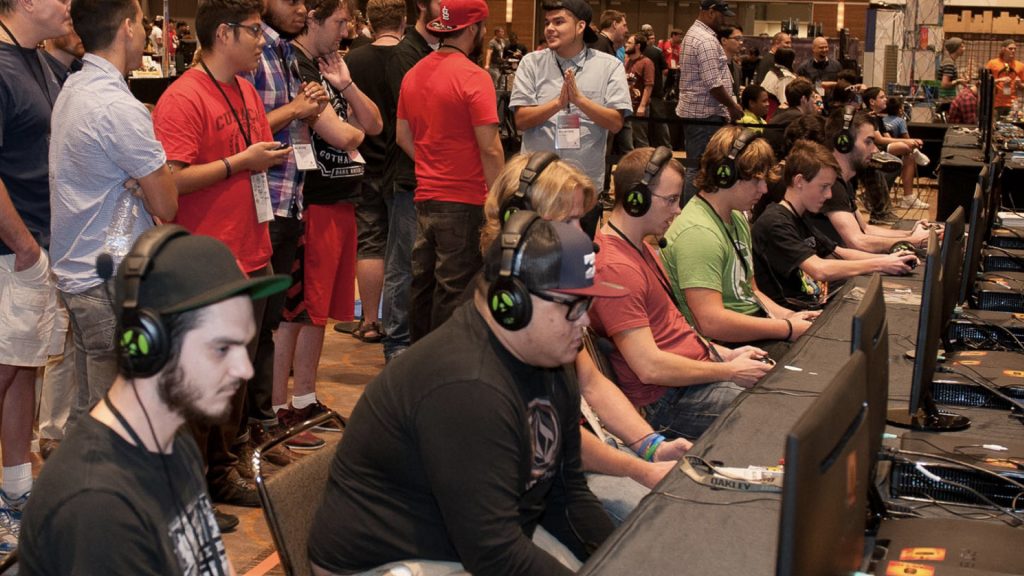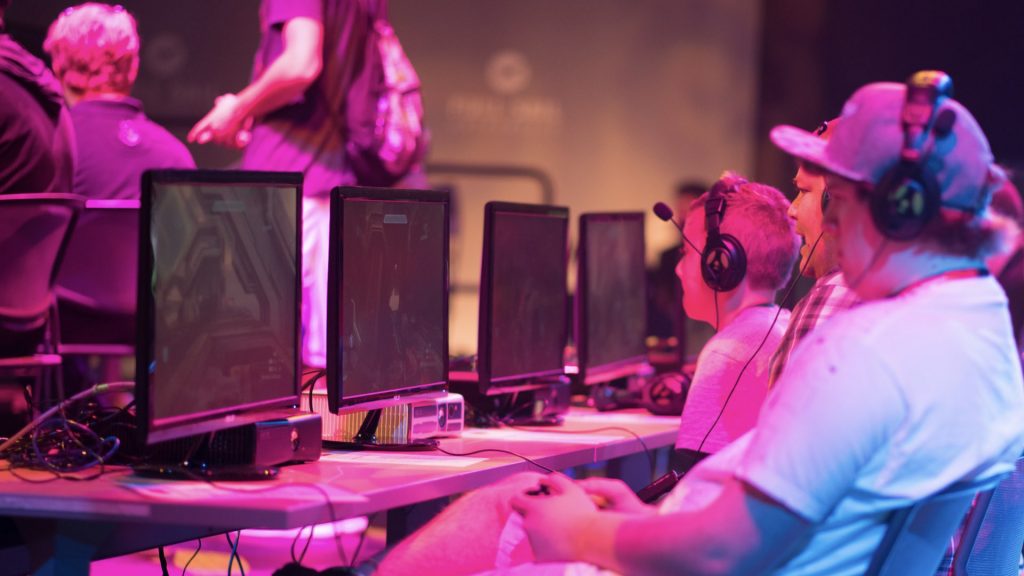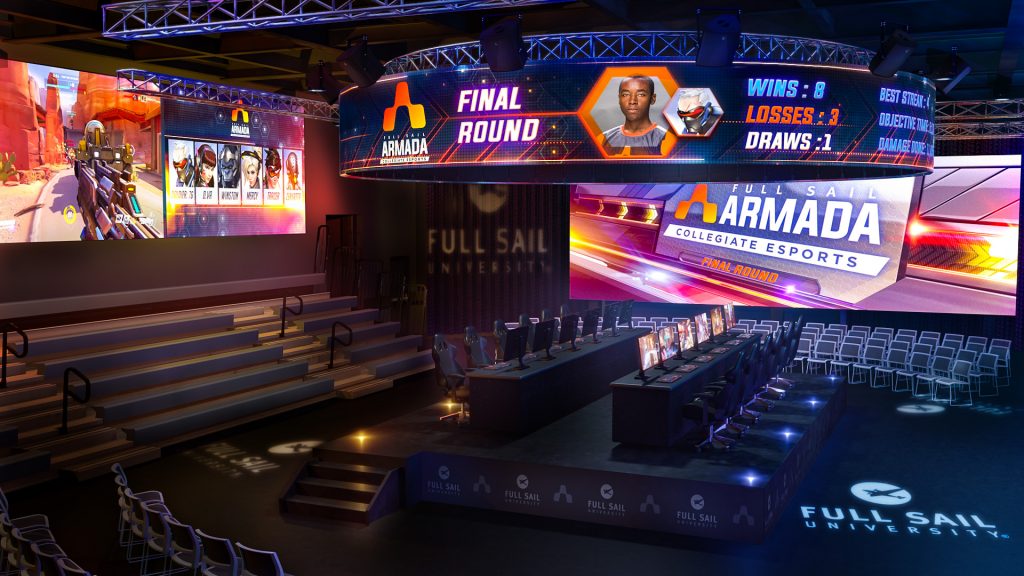
Share
New headsets have been the highlight of the 2018 Consumer Electronics Show, at least for AR/VR enthusiasts. We’re still in the thick of CES 2018, but so far, HTC Vive and Lenovo have definitely captured our attention with what they’ve brought to the table.
The developers of the Vive unveiled a new, improved headset called the Vive Pro, which features 3K resolution and an integrated audio system. On top of this upgraded headset, they announced an official HTC Vive wireless adapter (unlike the third party adapters that already exist). Valve’s second generation of base stations was also announced alongside HTC’s new hardware.The HTC Vive seems to be making strides past Oculus and Microsoft with their latest upgrades, so it will be interesting to see how they respond.
In the wake of HTC Vive’s wireless adapter, Lenovo also announced one of their projects. The wireless, standalone headset called the Mirage Solo was created with Google’s WorldSense and runs the Daydream VR platform. With an extensively customizable visor/straps and a 7 hour battery life, this headset took comfort and longevity to the limit, and it is clear that the Mirage Solo is a workhorse of a headset. With a price tag of under $400, this headset may be a go-to for people who want an affordable wireless headset.
A groundbreaking piece of technology has also made an appearance at CES 2018. The haptic gloves created by Contact CI, known as Maestro, allow VR users to actually feel virtual objects that they see in their headsets. According to Contact CI’s website, the glove “uses finger restriction, vibration, and mechanical tracking” in order to simulate touch. While the gloves still appear to be early prototypes, they work, and they can only be improved upon from here.
Another interesting bit of news to come out, regarding Oculus, was a deal of sorts with a Chinese company called Xiaomi. Due to Facebook’s inability to operate in China, that blocks Oculus from being able to sell their headsets in the country, so they’ve partnered with Xiaomi to provide VR headsets, called Mi VR, to Chinese consumers. Augmented reality is expected to have a big presence at CES 2018 as well, and uSensAR has a very ambitious goal that they’ve announced. They plan on providing AR accessibility to all 2 billion Android devices, which would be significant to say the least.
Many will be left scratching their heads as to why Apple and the enigmatic Magic Leap won’t be attending CES 2018, especially in the wake of the Magic Leap One announcement. However, considering what we’ve already been given, and the fact that we’re only halfway through CES 2018, there’s plenty hype to go around.
Latest Posts


Orlando Sports Leaders want to cash in on eSports Events

Augmented Reality art experience launches in Orlando
